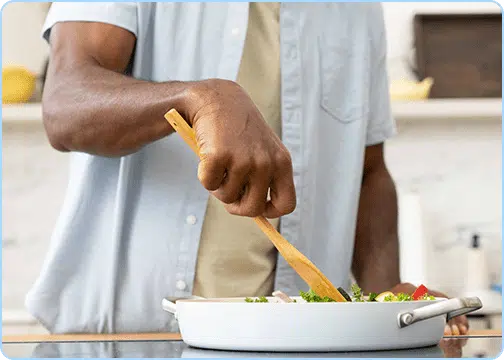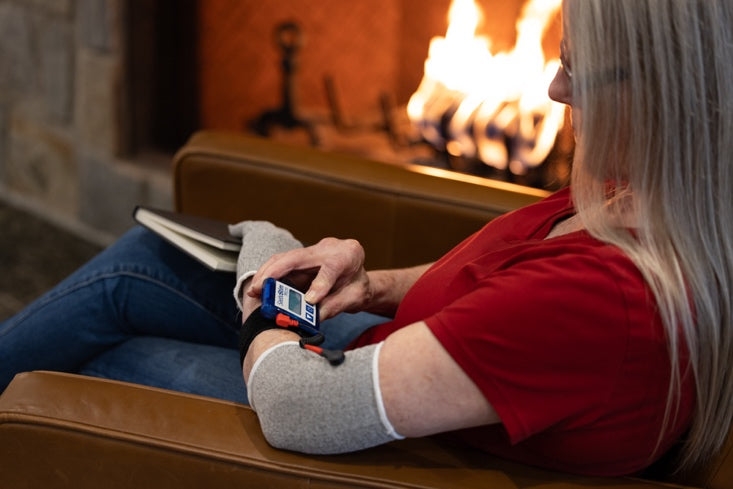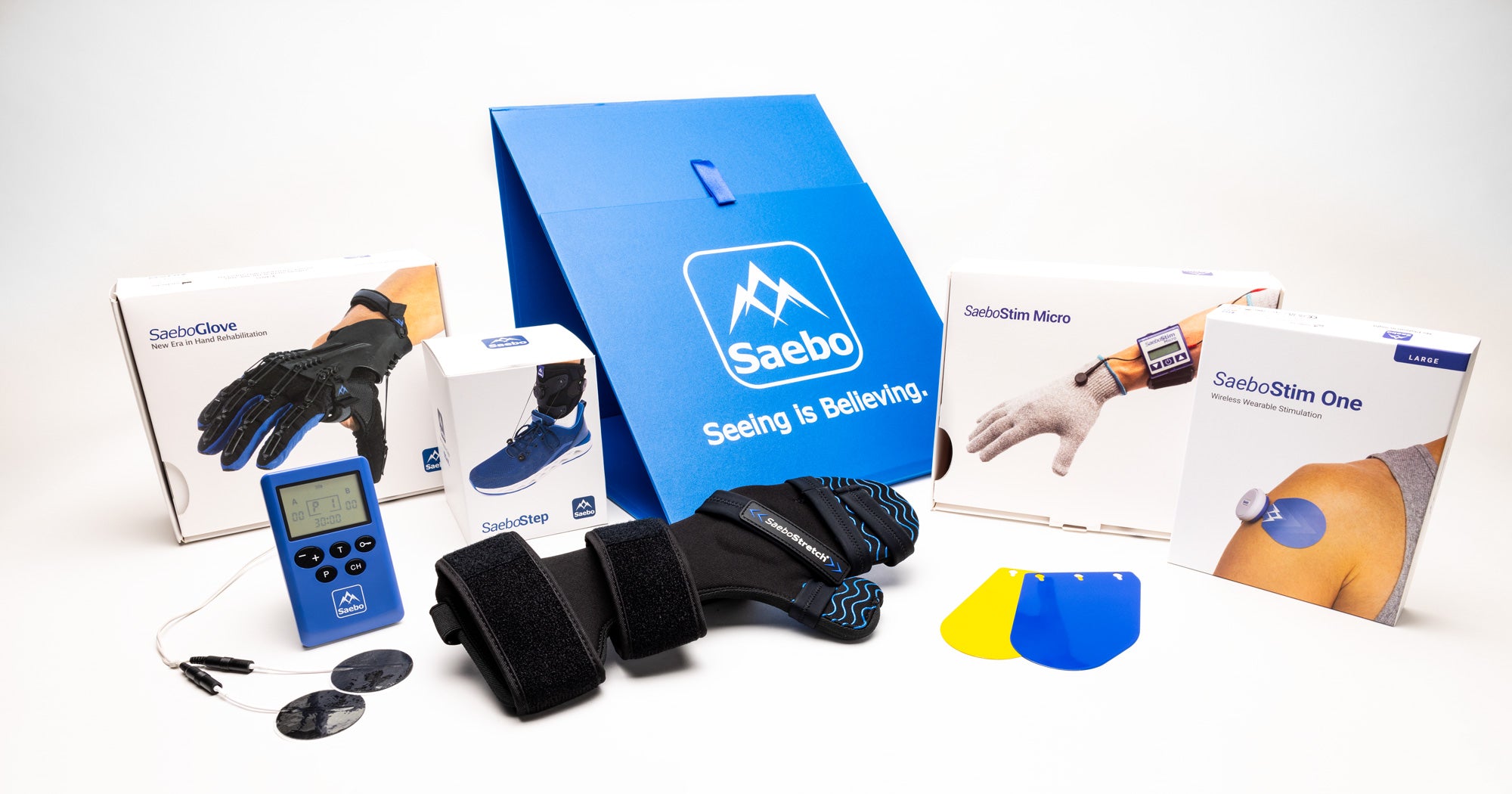How to Combat Loss of Fine Motor Skills in Hands


A stroke can affect anyone.
The after effects of a stroke can change a person’s life by affecting their independence and ability to function. Understandably, this can be a very trying time for both a survivor and their loved ones. It is important to know the effects of stroke on fine motor function when developing exercises and activities for adults after stroke.
Effects of Stroke on Fine Motor Function
One of the most common negative effects of a stroke event is debilitated motor function and coordination. Gross motor skills like walking, standing, and lifting large objects are usually seriously impaired. Additionally, fine motor skills like writing, picking up small objects, and fastening buttons can also be lost in the period following a stroke event.
In the wake of fine motor function impairment, even the simplest tasks become difficult and frustrating. Getting dressed in the morning can be time-consuming and the prospect of feeding oneself can become a source of stress. Motor impairments can severely restrict independence, limiting a survivor’s ability to work or care for oneself in the home. With the help of a stroke rehabilitation team, a survivor can regain their independence and regain fine motor function.
Activities to Improve Fine Motor Function in Hands
Being seen by an occupational and/or physical therapist can make a positive impact on a stroke survivors road to recovery. Unfortunately, the time with the therapist can be limited and the stroke survivor may need to continue their exercise regime on their own. The suggested activities and exercises below serve to improve fine motor coordination in order to use of the hand and fingers more efficiently in daily life.- String beads together to make a necklace.
- Build towers of coins by stacking them.
- Make a chain of paper clips by linking them.
- Finger painting is a leisure activity that both entertains and challenges a survivor with fine motor impairment. Another is solving puzzles with large pieces.
- Shuffle and deal cards.
- Lacing and tying shoes.
- Pick up beans and put them in a cup or straw.
- Pick up marbles and hold as many as you can in your hand.
- Play a game with small pegs, like Chinese Checkers, or playing pieces, like Monopoly.
- Pick up coins and place them in a coin purse.
- Bounce a small ball and catch it.
- Clip clothespins to the side of a cup.
- Practice buttoning and unbuttoning shirts.
- Practice putting on and taking off jewelry, such as a watch or bracelet.
- Pick up toothpicks with a set of tweezers.
- Fold, crumple or tear paper or tissue.
- Sew with needle and thread.
- Cut coupons.
Exercises to Improve Fine Motor Function in Hands

Place a pen on the table and use the thumb and fingers to spin it. Try not to involve the shoulder in this exercise: the objective is to isolate the thumb and fingers. Aim for speed during this exercise, if possible, by spinning the pen quickly for 15 seconds.

Place 8 quarters in a row in the palm of the affected hand. Then, use the thumb to slide one quarter down into the index finger and thumb. Pinch the quarter with your index finger and thumb. Then, place the quarter down onto the table while keeping the other quarters in hand using the other fingers. Repeat with the remaining quarters.

Bend the affected arm, placing the elbow on the table. Bring the tip of the index finger to the tip of the thumb to make a ring. Pinch, and release. Repeat with your middle, ring, and pinkie finger. Pinch and release. Perform with each finger, for two sets increasing the speed of the exercise as able.
Lost Fine Motor Skills Can Be Regained!
While it is a slow process, combating the loss of fine motor skills in hands can be achieved through consistent practice, evidence-based rehabilitation protocol, and the sympathetic support of loved ones. Here at Saebo, we are committed to stroke support and recovery for all survivors and their families. Saebo offers a wide range of products that combine cutting-edge technology with evidence-based rehabilitation techniques. Our offerings and network of Saebo-trained therapists can help you or a loved one to obtain all the necessary tools to maximize stroke recovery.All content provided on this blog is for informational purposes only and is not intended to be a substitute for professional medical advice, diagnosis, or treatment. Always seek the advice of your physician or other qualified health providers with any questions you may have regarding a medical condition. If you think you may have a medical emergency, call your doctor or 911 immediately. Reliance on any information provided by the Saebo website is solely at your own risk.



